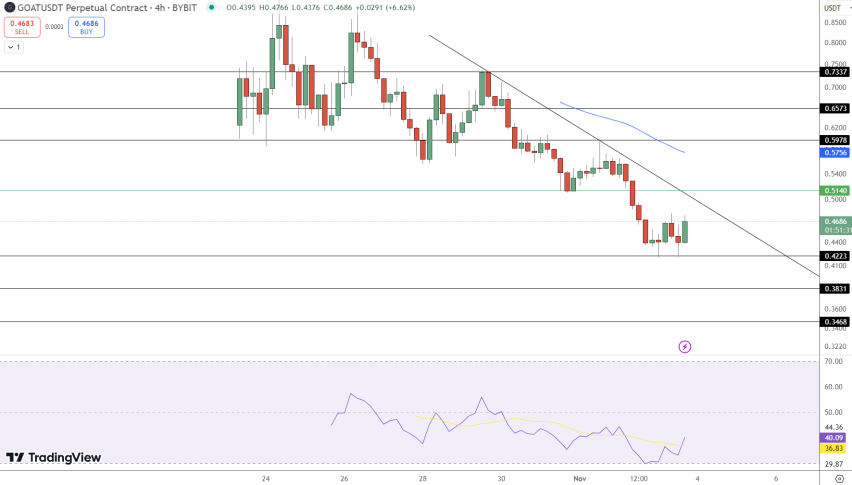Chinese Criminal Network Convicted for Laundering Millions with Digital Yuan
A criminal network in China was recently convicted for using the digital yuan in an intricate money laundering scheme. This operation...

A criminal network in China was recently convicted for using the digital yuan in an intricate money laundering scheme. This operation, revealed by the People’s Procuratorate of Yuecheng District, Shaoxing, involved three individuals identified only by their last names—Yuan, Zhang, and Kou—who exploited digital currency accounts to obscure the origins of illicit funds.

Operation Details: A Closer Look
The case unfolded when Yuan responded to a part-time job advertisement on social media in August 2023. The job involved liquidating digital yuan from various merchants’ wallets for a 0.8% commission. Yuan’s role was to convert these digital funds into Bitcoin, which was then transferred back to the advertisers. Each transaction saw merchants charging a service fee ranging from 1% to 1.5%, with the remaining cash returned to Yuan in physical currency.
This method continued as long as Yuan could find merchants willing to participate. He soon mastered the laundering process, commenting, “The money flowed faster than expected; operating solo was just too slow.”
Yuan became accustomed to the procedure after a few operations. “I didn’t expect the money to come this fast; doing it alone is too slow,” Yuan said.
Recruitment and Expansion
Despite knowing the questionable source of the funds, Yuan involved his girlfriend, Zhang, and a friend, Kou, offering them a financial incentive for their assistance. The operation expanded as they moved between different cities in Zhejiang province, utilizing unregulated messaging apps to coordinate with the advertiser without drawing law enforcement attention.
“Digital yuan transactions offer considerable privacy, which even overseas fraud rings leverage to purchase merchant accounts for laundering purposes,” Yuan confessed during the trial.
The culprits were ultimately sentenced to fixed-term imprisonments ranging from seven months to one year and four months, with additional fines imposed for concealing and disguising the proceeds of crime. This case highlights the potential misuse of digital currencies and the ongoing challenges law enforcement faces in tracing such decentralized financial activities.
- Check out our free forex signals
- Follow the top economic events on FX Leaders economic calendar
- Trade better, discover more Forex Trading Strategies
- Open a FREE Trading Account



